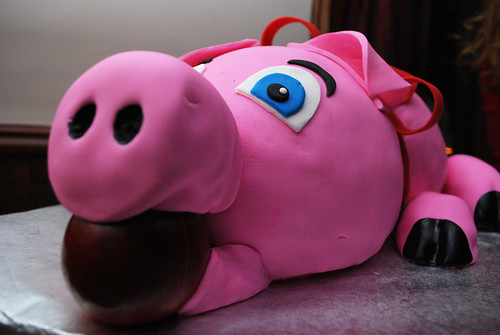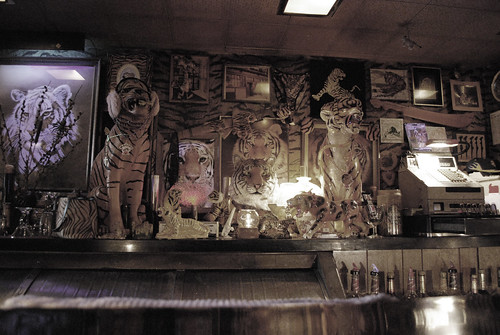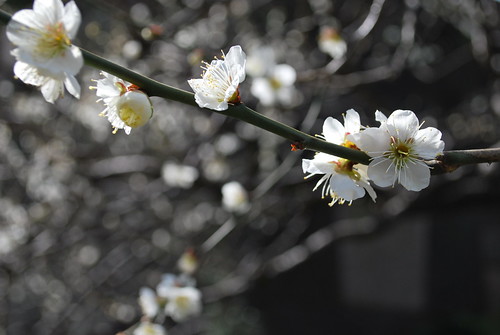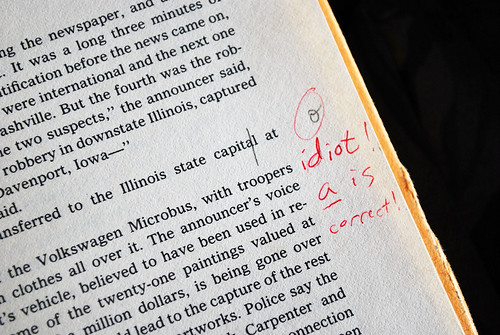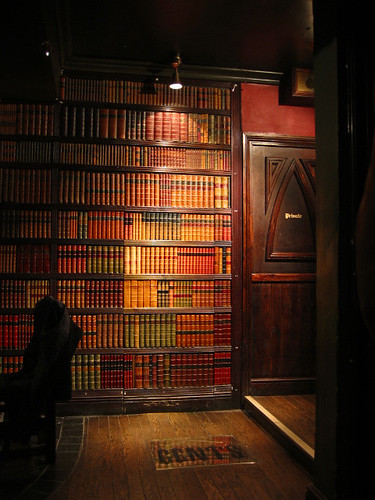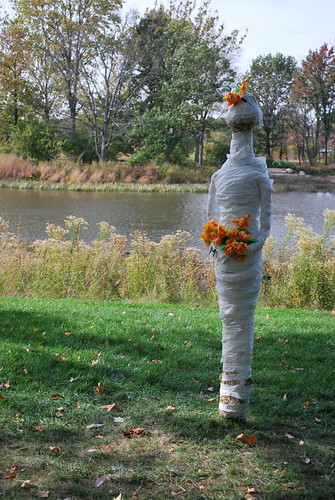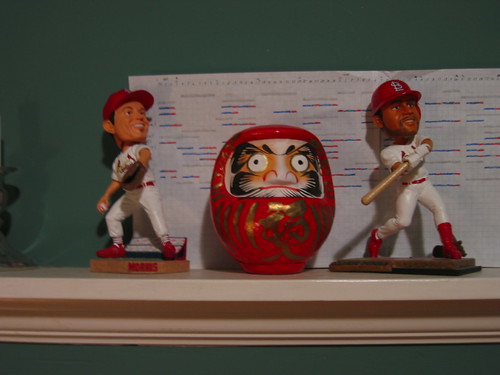My brief time thus far as poetry editor of the Quarterly Conversation has only reinforced that impression--but at the same time, it's been surprisingly cheering: every couple of days my mailbox reminds me that many, many people are writing good, inventive poetry, in a wide variety of forms and with a seemingly unbounded range of interests and preoccupations. The impossibility of matching every good book to a reviewer is frustrating, but I hope that between this blog and my Twitter feed I can at least take note of some of them.
One book that I wasn't able to match with a reviewer this time around, Robyn Schiff's Revolver (2008), is worth seeking out for its opening poem alone, which, like most of the poems in the collection, "Colt Rapid Fire Revolver" takes its inspiration from an object displayed at the Great Exhibition of 1851. In this case, it is the revolver of the title, whose presence leads Schiff to imagine her way into the 1856 wedding of Elizabeth Hart Jarvis to the revolver's inventor, Samuel Colt:
The wedding cake of Elizabeth Hart (Colt sinceFrom that first stanza alone you can begin to grasp the poem's most remarkable quality, Schiff's frequent, precise use of those most functional and unpoetic of words, prepositions and conjunctions. I would never suggest that a person writing prose employ such a towering, tenuous string of conjunctions; such a sentence cries out to be rewritten, broken into smaller, more manageable components that would allow the reader a chance to pause and orient himself. This is not prose, however, but poetry--one of the goals of which is to make us attend to language itself--and here they work: their sheer number in these lines, the way they pile one on top of another, dragging us off the end of the line and into the next component of the enjambed sentence, means we can't help but take note of them. Despite their never being stressed, we are drawn to them; they direct the rhythm of the lines, the focus of the mind.
noon) was trimmed with sugar pistols
with revolving sweet-tooth chambers with gears
that rotate one position over like a
dancer down a dance line
prompted by an aisle that parts in music
to switch partners while a
fly drawn to the sugar places a stringy foot
on the trigger.
The mind is, after all, what they represent, the turnings and turnings of the speaker's thought. The poem is in one sense the old meditation on a scene, but where we might expect Schiff to draw back from the wedding cake and its pistols to larger themes, she instead finds those themes by spinning ever-tighter circles around the tiny universe of sugar sculpture suggested by the tiny sugar pistols. Imagining the sort of tiny man who might wield them leads her to picture his wife, sitting at home imagining him at an art gallery; that leads to a reminder of the Donner Party and then the fact that sugar used to be showy even in a bowl, because of its mere price, "when / an ounce of sugar traded for / a calf."
We move from each of these thoughts to the next as if we're navigating a labyrinth--but one wherein Schiff's speaker is our distracted yet functional guide, beckoning us with a prepositional hand around each turning, making clear a path that we could never have discovered on our own. By the time we reach this convoluted sentence,
You demur--we are sufficiently acclimated to the speaker's thought processes that her declaration about violence and synchronicity manages to feel both surprising and inevitable, the next notch on the well-designed gear "locking into position like the machinations / of fortune". Turn after turn, Schiff's lines ring with carefully arranged sounds--listen to "the bulls-eyes marksmen see mapped," or "whose circular / machinations synchronize"--as her conjunctions shift subject and object, agent and patient, until, unexpectedly (though we should have seen it coming) the cylinder spins full circle and we are back where we began: the wife, the gallery, the husband, the pistol, history about to begin.
to mourn lives lost on the frontier raised in scale
and substance to people the
West the Patented Colt Revolvers that
trim a cake were cast to
defend, but I say the bull's-eyes marksmen see mapped
upon the apples poised on the
heads of all things are cut on a lathe whose
smallest revolution of thought is in sync
with that which shapes the metal
of the revolving chamber whose circular
machinations synchronize
with the rings a fly circling the bullet wound
makes in air.
It's a truly stunning poem, one that I read with astonishment the first time through, admiration the second, and deepening appreciation each time after. And while it's unquestionably the standout, it's joined by some other extremely strong poems in this volume, in particular "de la Rue's Envelope Machine" and "Eighty-blade Sportsman's Knife, by Joseph Rodgers & Sons," the latter of which notes of the knife of its title that,
Splayed it isRevolver could be viewed as a similar bouquet, displaying all the ways thoughts mutate under the pressure brought to bear by a nimble mind that refuses to settle for first impressions. It's a marvel.
a bouquet of all the ways a point mutates.
